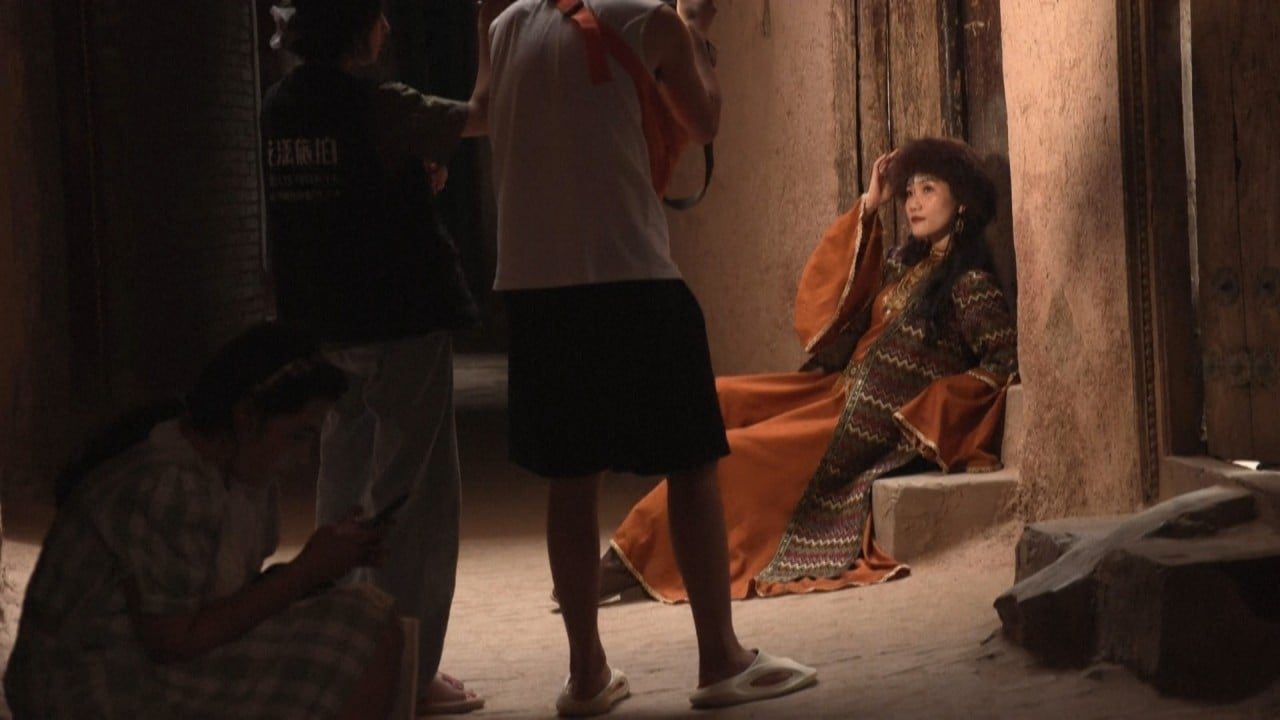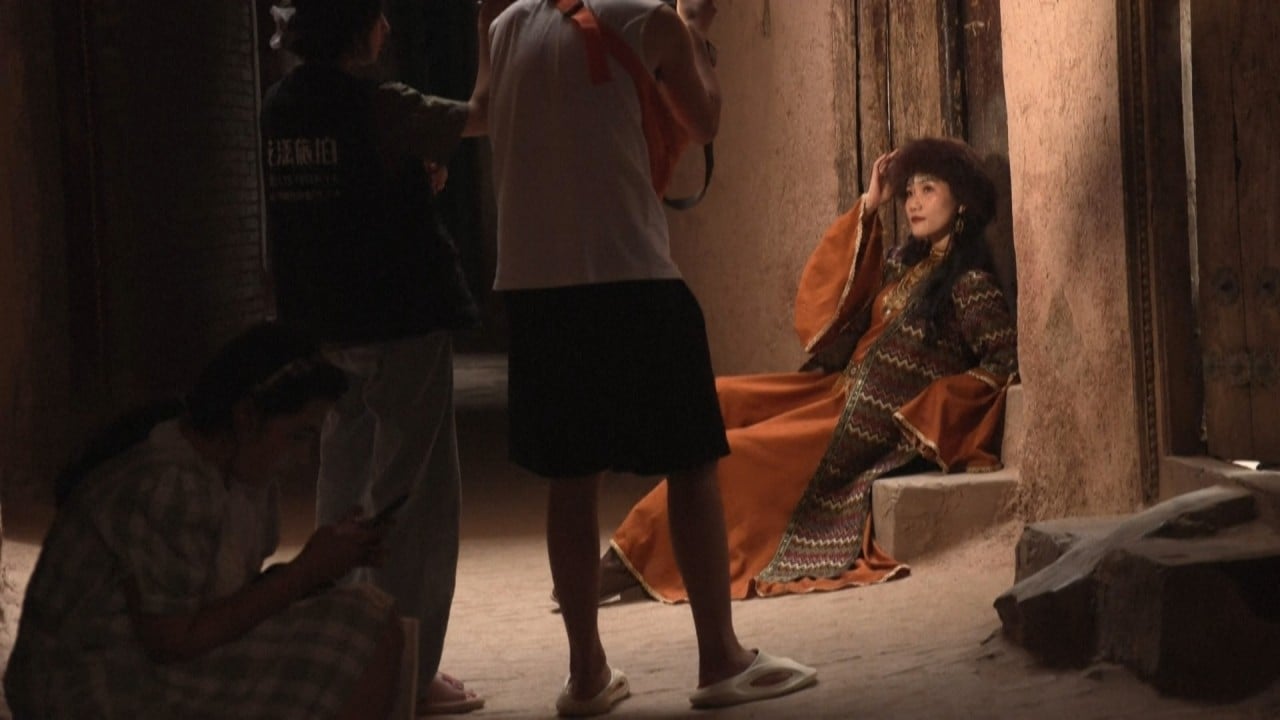Two years after a landmark UN report said Chinese government policies in Xinjiang “may constitute crimes against humanity”, the body’s top human rights office says “many problematic laws and policies remain in place” in the region.
The Office of the United Nations High Commissioner for Human Rights (OHCHR) said that while it has held “detailed exchanges” with Beijing on a “range of critical” human rights issues, it still faced “difficulties posed by limited access to information and the fear of reprisals against individuals who engage with the United Nations”.
“In particular, on Xinjiang, we understand that many problematic laws and policies remain in place, and we have called again on the authorities to undertake a full review, from the human rights perspective, of the legal framework governing national security and counterterrorism and to strengthen the protection of minorities against discrimination,” said Ravina Shamdasani, a spokeswoman for Volker Turk, the United Nations high commissioner for human rights.
The statement was issued in response to queries about the office’s work with China, on the eve of the second anniversary of an explosive report that urged Beijing to reverse a series of human rights abuses committed in Xinjiang.
The report, issued seconds before Turk’s predecessor Michelle Bachelet left office, said the Chinese government’s persecution of Uygurs and other ethnic Muslims “may constitute international crimes, in particular crimes against humanity”.
The US and human rights groups have pointed to satellite imagery, leaked government documents and eyewitness accounts as evidence that more than 1 million Uygurs have been subjected to mass detention, political indoctrination and forced labour. Beijing denies the claims.
On Tuesday, Shamdasani said that “allegations of human rights violations, including torture, need to be fully investigated”.
An OHCHR team visited China in June, she added, “and engaged in dialogue with the authorities, specifically on counterterrorism policies and the criminal justice system”.
Official exchanges have focused on issues including “counterterrorism laws and policies, criminal justice, other policies of concern that impact on the human rights of ethnic and religious minorities”, including in Xinjiang and Tibet, as well as “national security and human rights concerns in Hong Kong ”.
“We have continued to raise with the government individual cases of particular concern, calling on the authorities to take prompt steps to release all individuals arbitrarily deprived of their liberty, and to clarify the status and whereabouts of those whose families have been seeking information about them,” Shamdasani added.
The Chinese mission to the UN in Geneva did not immediately respond to a request for comment.

The Bachelet report recommended “urgent action” by the Chinese government, the UN and the “international community more broadly” to address the human rights situation in Xinjiang.
The US and European Union have introduced legislation aimed at cracking down on the suspected import of goods made using forced labour in the region – charges that Beijing also denies. The EU’s ban, which does not name Xinjiang but was written with it in mind, will take effect in three years.
Despite this, the bloc’s direct imports from Xinjiang rose by 170.6 per cent in July compared to a year earlier, calculations based on Chinese customs data showed.
The US and EU have also targeted Chinese officials accused of rolling out oppressive policies in Xinjiang with sanctions.
In the case of Europe, the sanctions turned into a tit-for-tat blitz that helped nix a long-negotiated investment pact. Last week, the bloc’s top diplomat Josep Borrell said the investment deal could not come back while those sanctions on EU lawmakers remain in place.
“There has been a change of composition and some of the MEPs who are sanctioned are no longer MEPs, but the new ones are not going to change their stance,” Borrell said.
“So if there is no lowering of the sanctions, I cannot tell the European Parliament to ratify the agreement. It is sad, we will lose, but these are the political restrictions that exist – and it’s not going to change,” he added.
Uygur activists welcomed the statement from Turk’s office as “heartening”.
“Yet China has not implemented any OHCHR recommendations, and independent investigations are still limited or blocked,” said Uygur human rights lawyer Rayhan Asat, whose brother “endured three years in solitary confinement” in Xinjiang.



